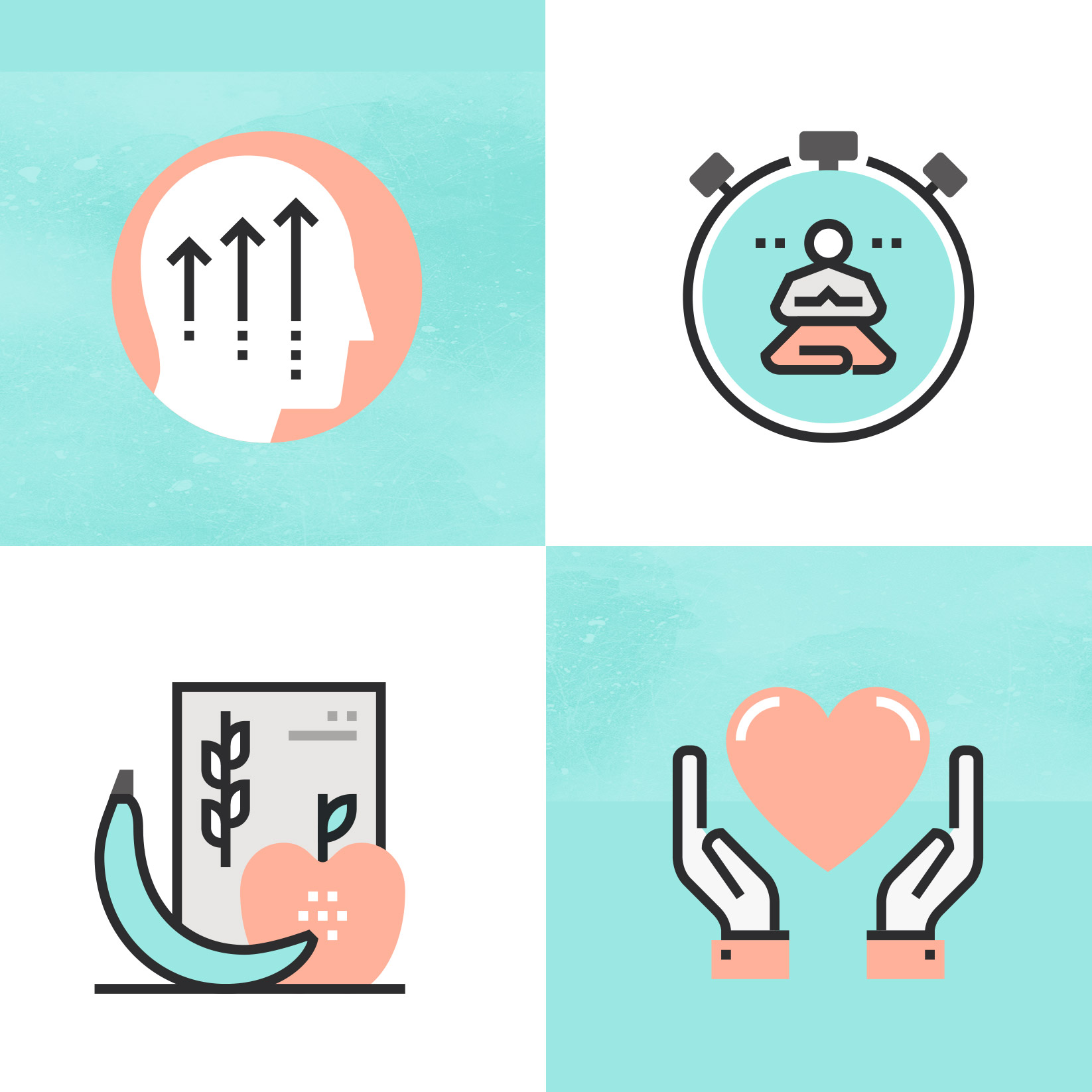Wellness Wednesday: Resiliency—How to Bounce Back from a Setback

Wellness Wednesday: Resiliency—How to Bounce Back from a Setback
We’re back for another installment of our “Wellness Wednesday” series. If you prefer to listen instead, find our podcast, called Wellness Wednesday, on Apple Podcasts, Spotify, Stitcher, and other podcast platforms.

Resiliency—How to Bounce Back from a Setback
>> Hi, my name is Amy Laskowski. I’m a writer here at BU Today. This is another installment of our weekly podcast Wellness Wednesday. Everyone has setbacks. Maybe it’s not getting the internship you hoped for or breaking up with a girlfriend or boyfriend. But how you respond to those setbacks is important.
Resilience is your ability to bounce back from challenges and the ability to keep going. Researchers have found that resilience predicts success more accurately than IQ or conscientiousness, and also promotes employee health and performance. Today I’m talking with our guest Ariel Fuji, who’s a senior in the College of Arts and Sciences, and a student health Ambassador with wellness and prevention services here at BU.
Hi, Avery, how are you?
>> I’m great. Thank you.
>> Can you start out by introducing us to the idea of resiliency and what it means?
>>Sure. resiliency is what helps us adapt to stress or setbacks. So in a bu sense, that could be an academic setback or bad test grade at homework grade Or maybe you’re in a fight with your roommate, or you’re moving in and out of friends’ circles.
What those stresses or setbacks look like can be very different. But resiliency is what helps you recover from those things and turn around.
>> And why is important to train yourself to be able to bounce back from that. Maybe that’s an obvious question.
>> Sure but I mean the easier, the resilience it processes for you, the happy and healthy at the end of the day and the better you can kinda of tackle your emotions moving forward and what we’re focused on is that ability beyond your time.
Give students the skills to start now so they can do it well later.
>> Can you give an example when you have been resilient?
Yeah, I can remember. Income 109 freshman year I think one of my first test grades was maybe like Like a 27% and as soon as I saw the grade, like I’m never gonna be a doctor, I am not gonna get the degree, I might as well just go home right now, that’s all kind of worthless.
But I think like we’ve talked about the practicing, leaning on my friends and family for support and really reframing my experiences help me see that a test grade, or a class in a scheme of. My life is really insignificant and then it does not affect why I want to go into the work I do.
So, you know, just practicing those things kind of helps me bounce back but I know a lot of people can relate to that.
>> How do you go about developing resiliency? What are some tips and tricks to do that.
>> So a few of my favorites are to identify and understand the emotions that you have and maybe figure out if what you’re feeling is a symptom or a cause of the stress that’s going on in your life.
And then also allowing yourself to feel the uncertainty or discomfort around your stress or your setback that Wherever you are, you’re right on time, and you’re where you’re supposed to be. And it’s okay to feel that stress and discomfort. And then also just to practice reaching out to your friends and loved ones, and leaning into them, cuz those people should be very happy to help, and they’ll be the happiest to see you grow and thrive beyond your stress.
>> So yours is to help and master and I heard you guys have a new resilience program this semester.
>> Yes, we’re piloting a new resilience workshop. We have been working a bit more closely with freshmen and other populations but we have been introducing this idea of resilience to students and teaching them ways they can practice resilience day to day.
>> Which is the workshop to involve?
>> It’s about an hour. We’ve been delivering it to a couple FY 101 classes and other student groups. And basically, we walk through the definitions of resiliency, the applications and what that can look like specifically at BU. And then we have resources available at the end for people to take away.
>> So the last question I have, if you’re feeling overwhelmed or upset or someone you know is feeling like this, can you ever say it’s time to throw in the towel? Is there ever a time where it’s okay not to be resilient?
>> I would say that practicing these resiliency skills is a good way for students to kind of grow in their emotional maturity.
But if there’s ever a time that you really feel that the stress is overwhelming to the point that you feel like you’re endangering your friend or your love one is in danger that, that’s the time to reach out beyond just kind of the practicing these skills and fine tune our services, our behavioral medicine and get that help more urgently.
Otherwise, I would say You know that if you don’t feel like you’re in danger immediately that recognizing that the discomfort and the stress is okay that it’s natural to feel that way and leaning into your friends and your community for support is absolutely acceptable.
>> We hope you liked learning about resiliency and how practicing it can set you up for success going forward thanks for listening to this week’s episode if you like listening to on this Wednesday please leave your review in the apple podcast that helps new listeners find the podcast have a good one.
Everyone has setbacks. It might be a failed test, a bad breakup, or not getting that dream internship. You feel like crawling into bed, closing the shades, and never getting up. But that doesn’t make the problem go away, and how you respond to these setbacks is really important. Resilience is your ability to bounce back from challenges and keep going.
For this week’s installment of our “Wellness Wednesday” series, we talk with Avery Ofoje (CAS’19), a Student Health Ambassador with BU Student Health Services Wellness & Prevention. Ofoje and her fellow Student Health Ambassadors are leading a new workshop that teaches tips on how to respond to failure and how to build resiliency (registration is finished for this semester, but the workshop will return next semester).
Take a listen.
Have an idea for a future “Wellness Wednesday” podcast? Email amlaskow@bu.edu.
This Series
Also in
-
December 10, 2019
Wellness Wednesday: How to Chill Out during Finals
-
November 19, 2019
Wellness Wednesday: How to Make Smart Choices at the Thanksgiving Table
-
October 1, 2019
Wellness Wednesday: Tips for Keeping Up Long-Distance Friendships

Comments & Discussion
Boston University moderates comments to facilitate an informed, substantive, civil conversation. Abusive, profane, self-promotional, misleading, incoherent or off-topic comments will be rejected. Moderators are staffed during regular business hours (EST) and can only accept comments written in English. Statistics or facts must include a citation or a link to the citation.